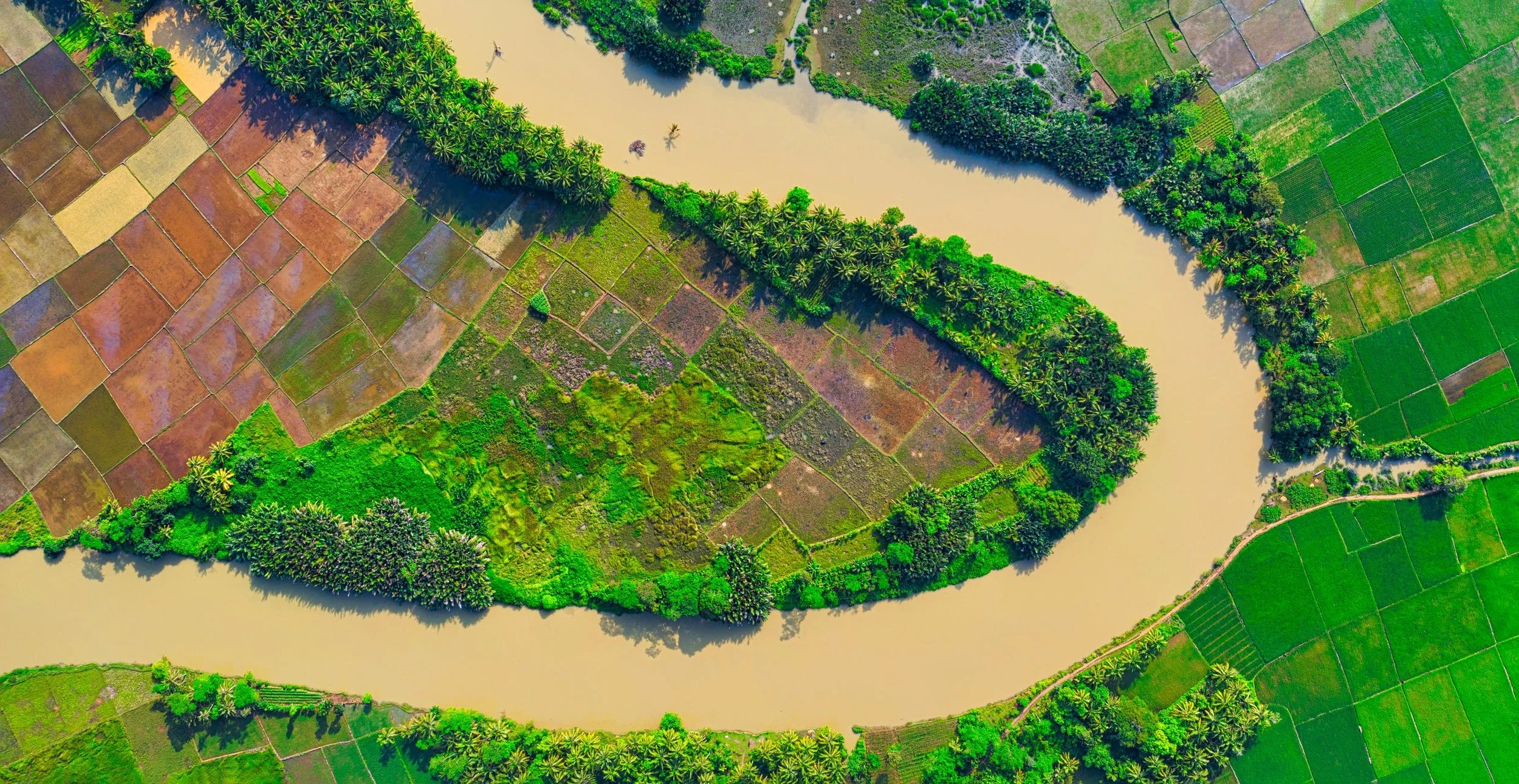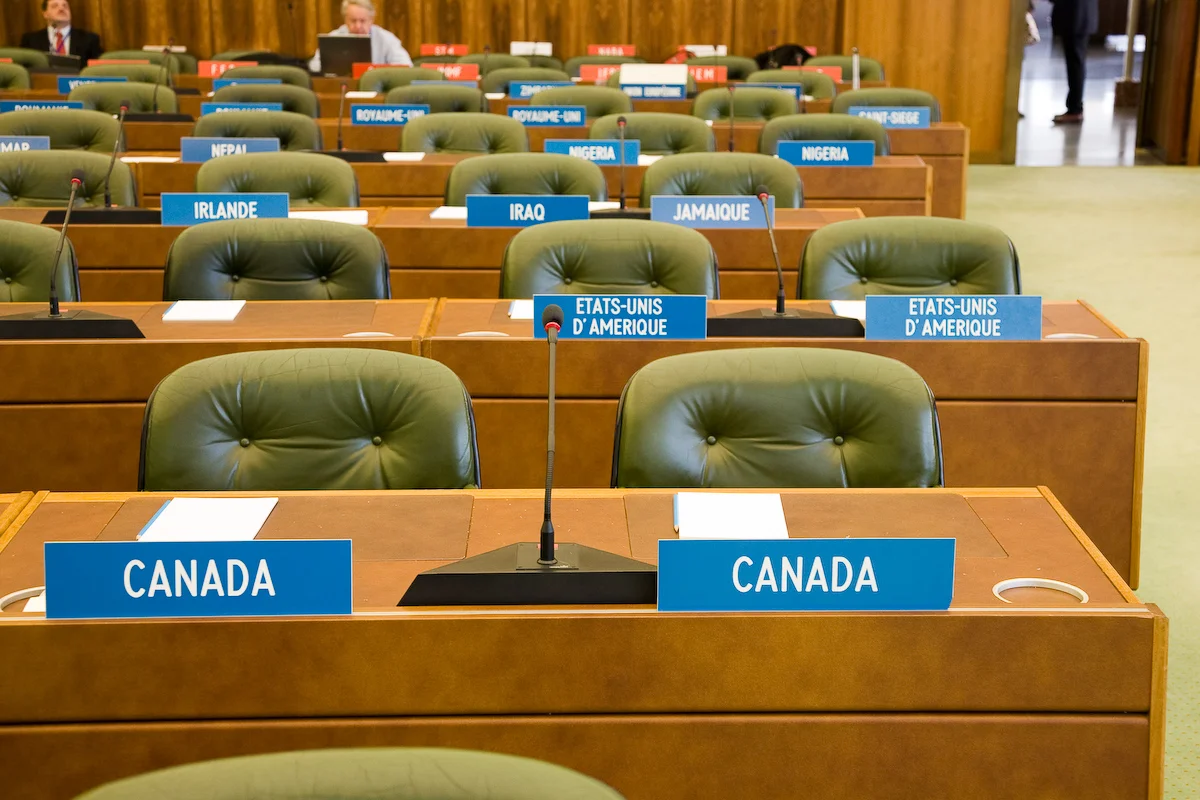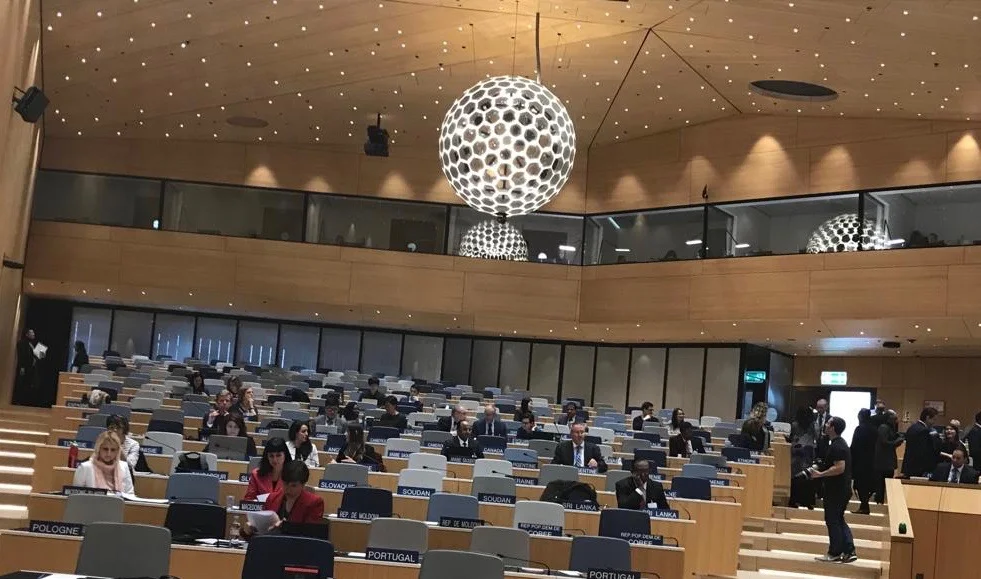The COVID-19 pandemic is undoubtedly having an effect on the human population around the world, but its impact on the environment, especially in terms of conservation, is less publicized. The Amazon rainforest is the world’s largest rainforest. According to scientists, its preservation is vital to combat global warming. However, illegal logging practices continue to jeopardize the integrity of the rainforest at this time.
Read MoreAs an African and a Canadian, I inhabit an observatory. I am a resident in two worlds of blunt contrasts. On a good note, daily at every turn, those contrasts offer privileged lessons on the richness and complexity of the human experience, of our world. In this observatory, it is irresistible not to have a geopolitical perspective on the dynamic of Africa’s relationship with the global south. And since the formal declaration of COVID-19 as a global pandemic on March 11, 2020 by WHO’s Dr. Tedros Adhanom Ghebreyesus, the reality of that stark contrast has never been more evident.
Read MoreCIGI Papers
No. 234 (2019)
The Third Industrial Revolution (3IR) provided perhaps the most significant insights into Africa’s potential to fast-track its march to sustainable development. As with industrial revolutions, the 3IR has further tinkered with international division of labour. Gradually, Africa and indeed economies hitherto considered as periphery – so-called because they were traditional sources of raw materials – are now actors in knowledge-driven competition, which is the hallmark of the 3IR.
Read MoreThe third industrial revolution (3IR) provided perhaps the most significant insights into Africa’s potential to fast-track its sustainable development. As with previous industrial revolutions, the 3IR has affected the international division of labour. Gradually, Africa and a number of economies on the periphery – so described because they were traditional sources of raw materials – have become actors in a knowledge-driven competition, which is the hallmark of the 3IR.
Read MoreIndian Journal of Law and Technology
Vol. 14, Issue 2 (2018)
The triumph of capitalism and its impact, post-cold war, is manifest in diverse ways and sites in the global south, especially Africa. Perhaps the most prominent consequence of the post-cold war capitalist strangle-hold is the phenomenon of globalization. In its legal and economic gradient, globalization has yielded unprecedented spate of legal harmonization and capitalist structuring, opening up of markets under the trade liberalization mantra.
Read MoreOn June 10, 2019 the Honourable Chief Judge of Lagos State, Madame Justice Opeyemi Oke, would have attained mandatory retirement age of 65 years. She served in acting capacity from September 25, and was sworn in as Chief Judge on October 20, 2017. Her tenure is exactly 21 months which tallies with the tradition of an average of barely 12 months over a 10-year period for successive Chief Judges of Lagos State. For judiciary watchers and stakeholders in the administration of Justice, Oke’s tenure had no dull moment.
Read MoreThe WIPO IGC is tasked with the mandate to engage in text-based negotiations for the effective protection of genetic resources (GRs), traditional knowledge (TK), and traditional cultural expressions (TCEs). The need for a special international regime of protection for TK/TCEs is based on many gaps in the global intellectual property and knowledge governance order.
Read MoreIn Inclusive Trade in Africa: The Continental Free Trade Area in Comparative Perspective
David Luke and Jamie Macleod, eds.
(New York: Routledge, 2019)
Co-authored w/ Caroline Ncube, Jeremy de Beer & Tobias Schonwetter
One of the major innovations of the IGC, in its long-running search for international legal instruments for the effective protection of TK/TCEs (Traditional Knowledge / Traditional Cultural Expressions), is the idea of tiered or differentiated approaches to TK/TCEs. The essence of looking at TK/TCEs on a tiered basis is the recognition that some TK/TCE categories are diffused to some degree.
Read MoreIn Genetic Resources, Justice and Reconciliation: Canada and Global Access and Benefit Sharing
Chidi Oguamanam, ed.
(New York: Cambridge University Press, 2019)
In Genetic Resources, Justice and Reconciliation: Canada and Global Access and Benefit Sharing
Chidi Oguamanam, ed.
(New York: Cambridge University Press, 2019)
In Genetic Resources, Justice and Reconciliation: Canada and Global Access and Benefit Sharing
Chidi Oguamanam, ed.
(New York: Cambridge University Press, 2019)
Co-authored w/ Chris Koziol
In Genetic Resources, Justice and Reconciliation: Canada and Global Access and Benefit Sharing
Chidi Oguamanam, ed.
(New York: Cambridge University Press, 2019)
Co-authored w/ Frédéric Perron-Welch
In Genetic Resources, Justice and Reconciliation: Canada and Global Access and Benefit Sharing
Chidi Oguamanam, ed.
(New York: Cambridge University Press, 2019)
Co-authored w/ Roger Hunka
In Genetic Resources, Justice and Reconciliation: Canada and Global Access and Benefit Sharing
Chidi Oguamanam, ed.
(New York: Cambridge University Press, 2019)
Open AIR (African Innovation Research) Network
Working Paper No. 19 (2018)

















